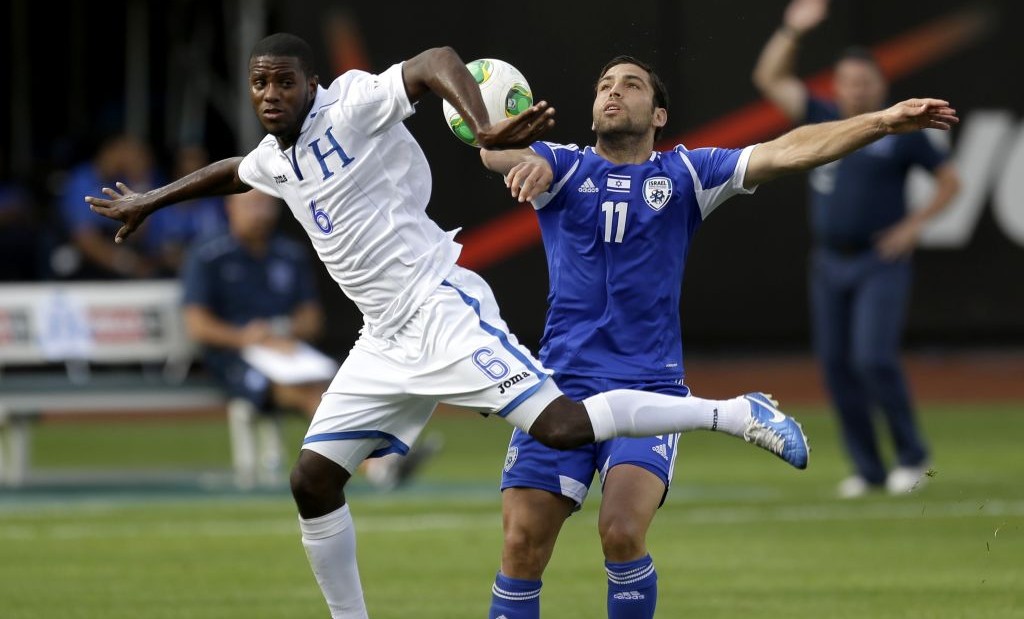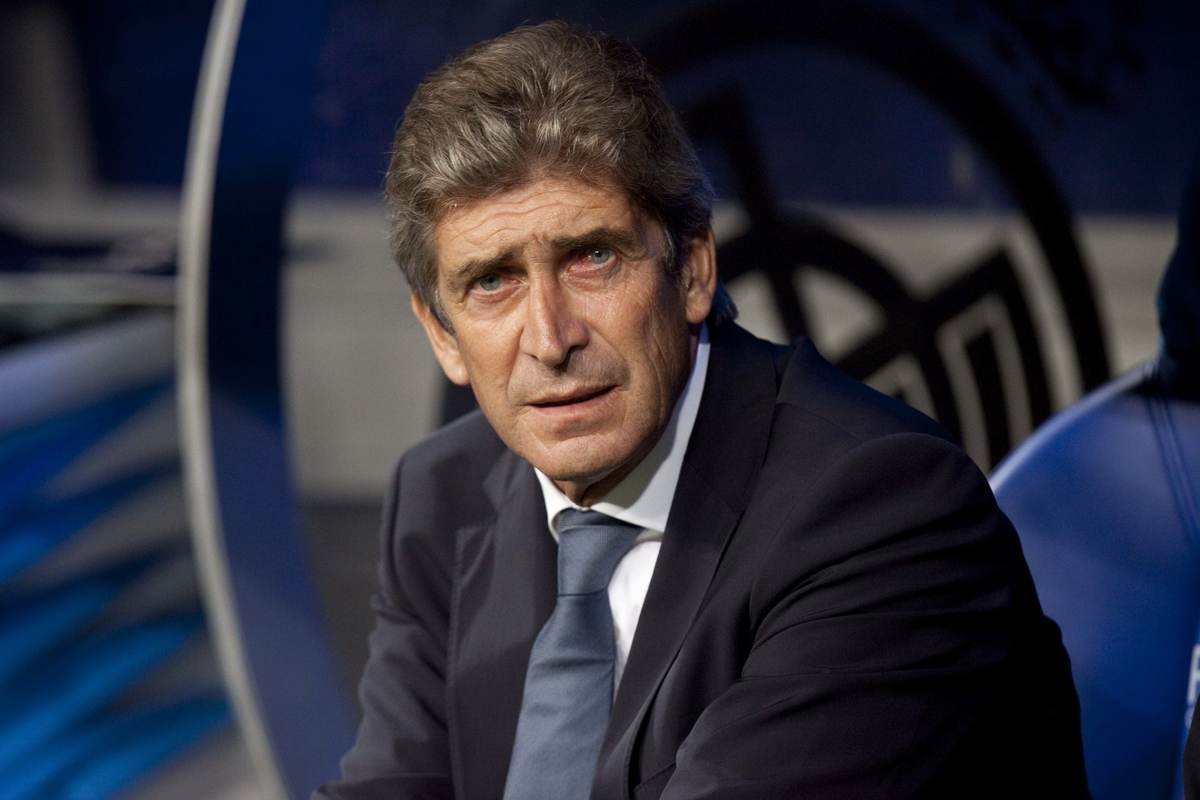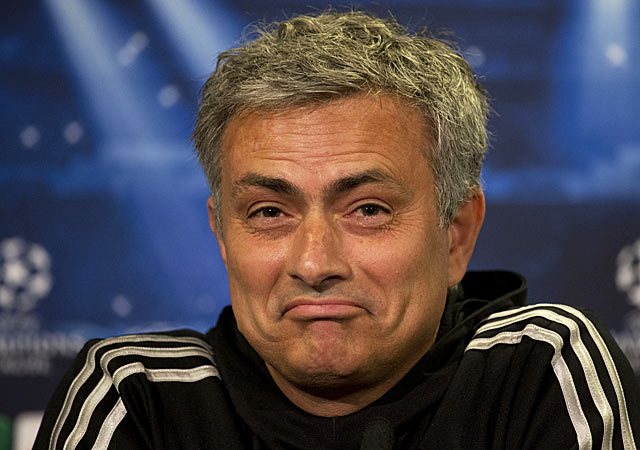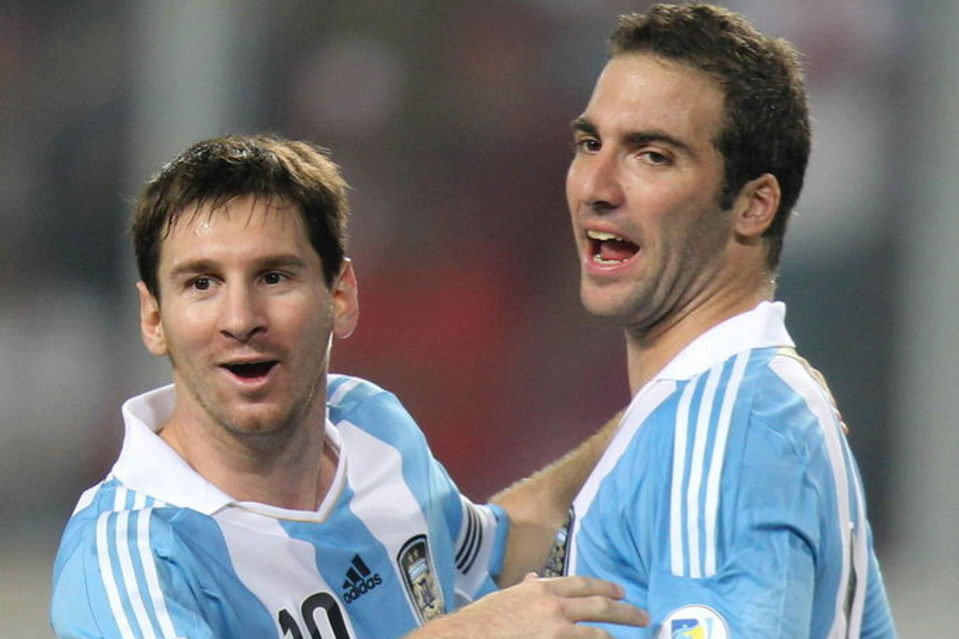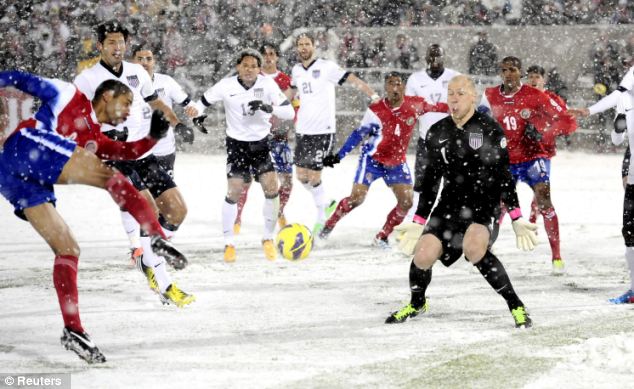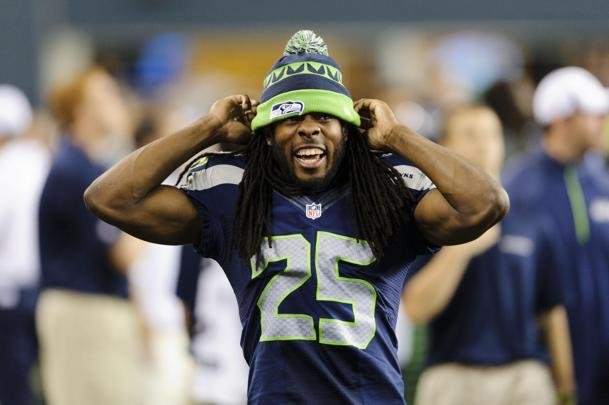Organized crime gangs have fixed or tried to fix hundreds of soccer matches around the world in recent years, including World Cup qualifiers, European Championship qualifiers and and two UEFA Champions League games, Europol announced Monday.
The European Union’s police agency said an 18-month review found 380 suspicious matches in Europe and another 300 questionable games outside the continent, mainly in Africa, Asia and South and Central America. It also found evidence that a Singapore-based crime syndicate was involved in some of the match-fixing.
Europol refused to name any suspected matches, players, officials or match-fixers, saying that would compromise ongoing national investigations, so it remained unclear how much of the information divulged Monday was new or had already been revealed in trials across the continent.
“This is a sad day for European football,” Europol director Rob Wainwright told reporters. He said criminals were cashing in on soccer corruption “on a scale and in a way that threatens the very fabric of the game.”
Europol’s probe uncovered 8 million euros ($10.9 million) in betting profits and 2 million euros ($2.7 million) in bribes to players and officials and has already led to several prosecutions.
“This is the tip of the iceberg,” said German investigator Friedhelm Althans, who also said two World Cup qualification matches in Africa and one in Central America were among those under suspicion.
Europol said 425 match officials, club officials, players and criminals from at least 15 countries were involved in fixing European soccer games dating back to 2008, and 50 people have already been arrested.
While the investigation’s “focus has been on other countries, not the United Kingdom,” Wainwright said, one of the two Champions League matches under suspicion took place in England “in the last three to four years.”
Neither UEFA, which oversees European soccer and organizes the Champions League, nor the English Football Association were aware of the probe and seemed surprised by the breadth of Europol’s accusations. UEFA said it expected to get more information on the investigation shortly.
“Once the details of these investigations are in UEFA’s hands, then they will be reviewed by the appropriate disciplinary bodies in order that the necessary measures are taken,” UEFA said in a statement.
Because of “ongoing judicial proceedings,” Wainwright refused to name which English Champions League match was being investigated, and the FA is also at a loss to know which one.
“The FA are not aware of any credible reports into suspicious Champions League fixtures in England, nor has any information been shared with us,” an FA spokesman said.
A Europol spokesman said he was unable to comment when asked why neither the FA nor UEFA had been informed.
Wainwright revealed the scale of the corruption in Germany, where $21.7 million was wagered on matches in the country with payments of $2.7 million believed to have been paid to those involved.
He said a Singapore-based criminal network was involved in the match-fixing, spending up to 100,000 euros ($136,500) per match to bribe players and officials.
“The ringleaders are of Asian origin, working closely together with European facilitators,” Europol said in a statement, but adding that “Russian-speaking” and other criminal gangs were also involved.
Ralf Mutschke, director of security at FIFA, the world soccer body, said the report highlighted the need for soccer authorities and police to tackle corruption together.
“The support of law enforcement bodies, legal investigations, and ultimately tougher sanctions are required, as currently there is low risk and high gain potential for the fixers,” he said.
Mutschke said while FIFA can ban players, referees and club officials, it is powerless to sanction people not directly involved in the sport.
“For people outside of football, currently the custodial sentences imposed are too weak and offer little to deter someone from getting involved in match-fixing,” he said.
Europol is not a police force but provides expertise and helps coordinate national police across the 27-nation European Union. It said 13 European countries were involved in this match-fixing investigation, pouring through 13,000 emails, paper trails, phone records and computer records.
Wainwright said while many fixed soccer matches were already known from criminal trials in Europe, the Europol investigation lifted the lid on the widespread involvement of organized crime.
“It is clear to us this is the biggest-ever investigation into suspected match-fixing in Europe,” he said. “It has yielded major results which we think have uncovered a big problem for the integrity of football in Europe.”
Wainwright said the soccer world needed a “concerted effort” to tackle the corruption.
Meanwhile, the Danish FA on Monday banned a player for six months for placing bets on a 2011 cup match in which he played. Kristoffer Wichmann, who plays for second-tier side FC Vestsjaelland, was deemed to have used middlemen to place bets on the match, although he is appealing against the ban.
Previous investigations have found that a World Cup qualifier between Liechtenstein and Finland in September 2009 was fixed by a referee from Bosnia, who UEFA banned for life.
Last year, UEFA expelled a Malta player implicated in fixing a European Championship qualifier between Norway and Malta in June 2007.
25% Bonus via Western Union


